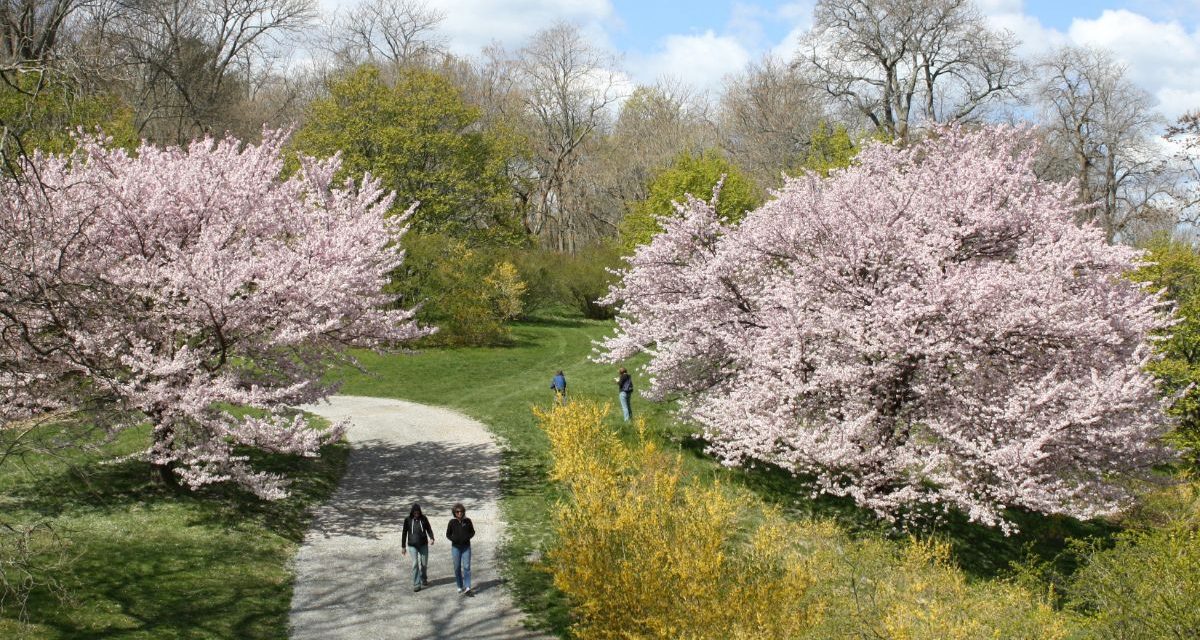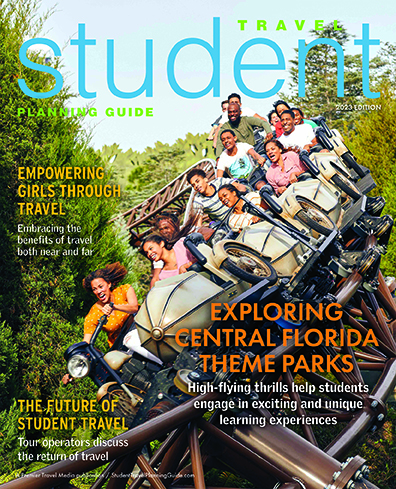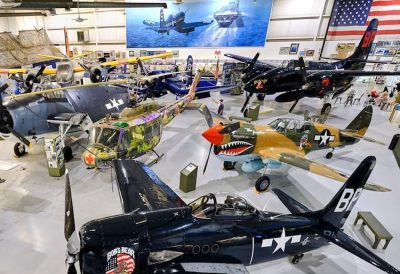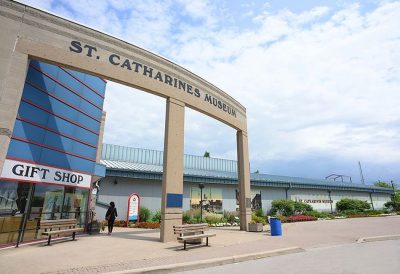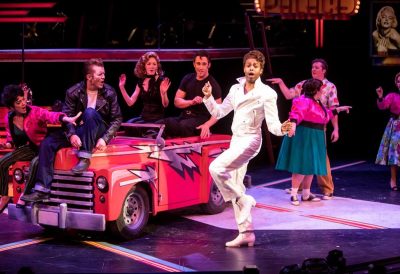The Bay State is well-rounded for school groups of any age or interest
Made famous by events of the American Revolution—such as the Boston Tea Party, Paul Revere’s ride and the battles of Lexington and Concord—Massachusetts has left a heavy stamp on American history. The most populous state in New England, the Bay State is home to premier sports teams, world-class universities and cutting-edge medical research. Few other states can boast Massachusetts’ combination of history, culture and recreational opportunities, making it a must for any school group from near or far.
A Few Massachusetts Field Trip Ideas:
- Freedom Trail in Downtown Boston
- Hancock Shaker Village
- Boston Symphony Orchestra
- Hanover Theatre & Conservatory
- MIT Museum
- Harvard Art Museums
- Isabella Stewart Gardner Museum
- Museum of Fine Arts
- New England Aquarium
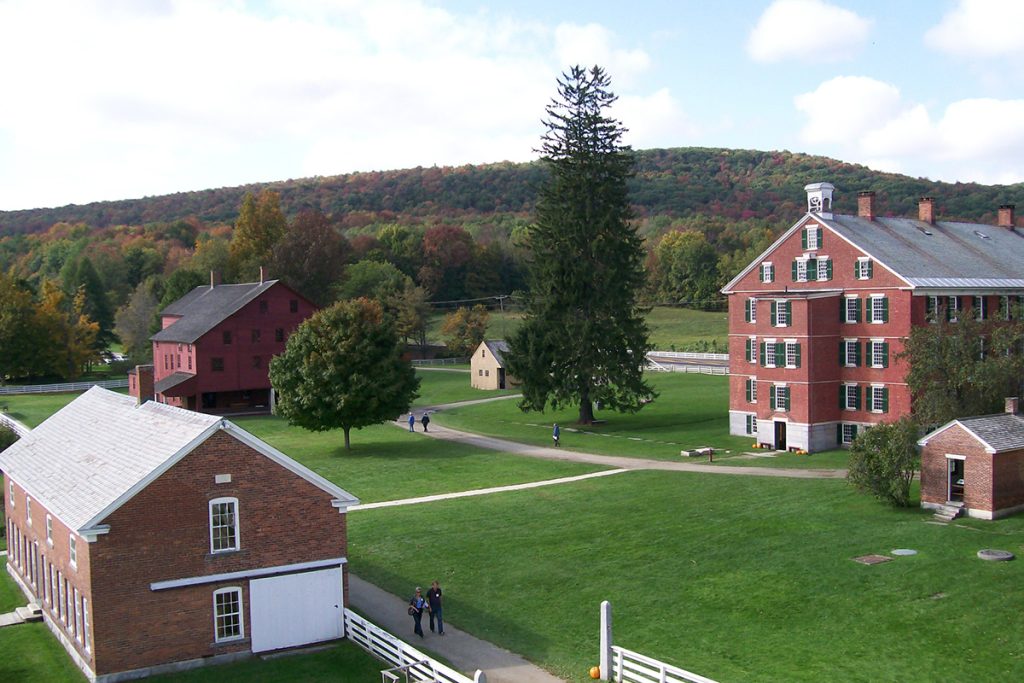
Massachusetts History & Heritage Field Trip Ideas
No trip to Massachusetts would be complete without walking the Freedom Trail in downtown Boston. Stretching 2.5 miles long from Boston Common to the USS Constitution, the trail connects 16 significant sites in American history. Following the red cobblestones that conveniently demarcate the route, groups can walk the trail on their own or join a guided tour (abridged or full-length) featuring costumed actors. Sites include the Paul Revere House, Old North Church, Bunker Hill Monument and Massachusetts State House.
Hancock Shaker Village in Pittsfield, a two-hour drive from Boston, covers 750 acres in the Berkshires of western Massachusetts. One of New England’s premier living history museums, it consists of more than 20 buildings on the National Register of Historic Places and also is the state’s oldest functioning farm. With seasonal, ongoing and special exhibitions taking place year round, Hancock Village offers students a chance to step back in time.
Arts & Culture Field Trip Activities in Massachusetts
Comprised of three separate museums—the Fogg Museum, Busch-Reisginer Museum and the Arthur M. Sackler Museum—Harvard Art Museums are located steps away from Harvard Square in Cambridge. Students can explore drawings, sculptures, paintings and more at these museums, which house more than 250,000 pieces of art. Visits to the expansive Art Study Center, which offers a behind-the-scenes look into objects not currently on display, are available by appointment, as well as tours of museums with student guides.
A patron of the arts, Isabella Stewart Gardner traveled the world to amass a collection of master and decorative arts. Her Boston home, where she displayed her collection, is now the Isabella Stewart Gardner Museum and celebrates European, Asian and American art, including paintings, sculptures and tapestries from world-renowned artists such as Manet, Degas and Rembrandt. Groups can choose between many themed tours.
The Museum of Fine Arts in Boston, one of the largest museums in the United States, features more than 450,000 works of art. The museum takes groups on interactive, object-based tours through renowned collections that contain works of art ranging from contemporary to classical.
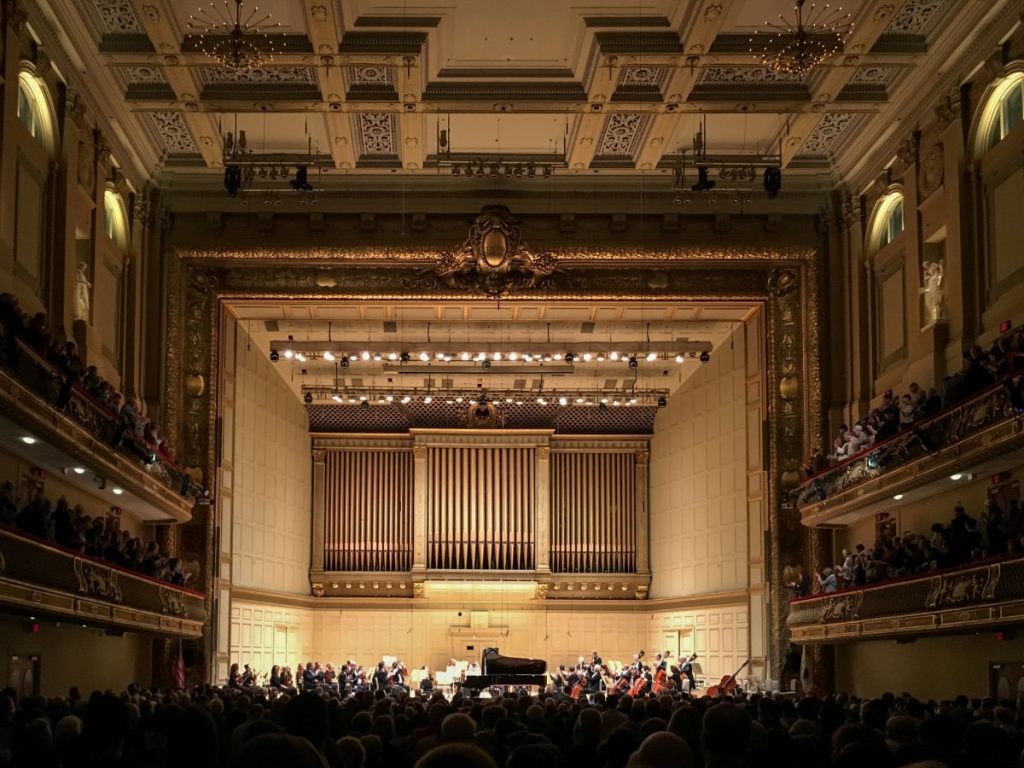
Performing Arts Locations to Visit
The Boston area is home to dozens of performing arts centers, and the state of Massachusetts claims many more. The Boston Symphony Orchestra (BSO) offers a number of experiences for school groups. BSO Youth Concerts afford students the opportunity to attend concerts featuring live conductor commentary between pieces on musical themes and engagement. Educators may contact the BSO for tips on how to optimize the experience for students. BSO also hosts High School Open Rehearsals, giving students in grades 8-12 an opportunity to sit in on a real orchestra rehearsal, providing a glimpse into the daily life of professional musicians.
The Hanover Theatre & Conservatory in Worcester not only puts on special matinees for students – there are series designated for elementary, middle and high school levels – but also offers hands-on experiences through their STEAM Workshops program. STEAM aims to mix school curricula and the arts, featuring sessions such as “Math Through Choreography” and “Analyzing the Human Experience Through Process Drama.” Workshops accommodate up to 30 students.
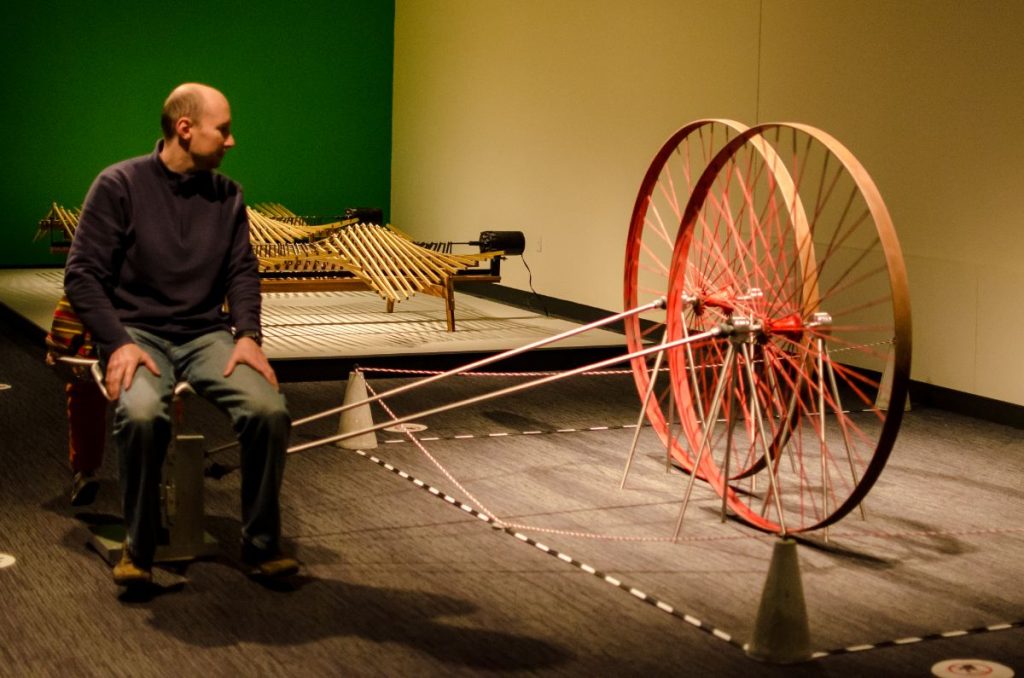
Educational Field Trips in Massachusetts through STEM
Packed with museums, university exhibitions and other institutions on the cutting edge of science, technology and medicine, Boston is a must for STEM groups. World-renowned universities like Harvard and MIT host museums that provide tours and hands-on workshops for school groups. At the MIT Museum, workshops for school groups include activities in physics, engineering, aerospace and other subjects.
The Museum of Science, Boston is an ideal catch-all for school groups. With exhibits on natural and climate sciences, electricity, zoology, mathematics, artificial intelligence and tech, there’s something for everyone. In addition, the museum offers an abundance of film and live programming. Shows featuring live animals, scientists, and experiments can be seen at the Shapiro Family Science Live! Stage. The Mugar Omni Theater, a five-story domed IMAX screen, runs regular, 50-minute features on science and culture. Across the hall is the Charles Hayden Planetarium, showing live and recorded presentations on the solar system, universe and space exploration. The Museum of Science also hosts career sessions for high school students to meet with local STEM professionals (available to Massachusetts schools only).
Marine & Aquatic Activities
Home to thousands of aquatic animals—ranging from giant Pacific octopuses and California sea lions to African penguins—Boston’s New England Aquarium features exhibits and educational experiences and offers a step-by-step field trip planning guide for educators. The Giant Ocean Tank, a coral reef community that contains sharks, turtles, moray eels and hundreds of tropical fish, is a popular attraction here.
At the mouth of the Massachusetts Bay, in an 842-square-mile, marine-protected area, the Stellwagen Bank National Marine Sanctuary is a diverse ocean area that can teach students about local marine sources and research being conducted. Students can go on a whale watching trip to view some of the largest animals on the planet.
The Nantucket Whaling Museum discusses the fascinating history of whaling on the small island of Nantucket. An interactive exhibit discusses the sinking of the whale ship Essex and its retelling in different forms, including Herman Melville’s Moby Dic, and the upcoming Hollywood film In the Heart of the Sea.
A small public aquarium in Woods Hole, the Woods Hole Science Aquarium was established in 1875, making it the country’s oldest public aquarium. Some 80 species of marine animals found in Northeast and Mid-Atlantic U.S. waters are on display. The aquarium is designed for self-guided tours of the main exhibits and a behind-the-scenes look at aquarium operations. Aquarium staffers have created materials to help parents, teachers, kids and visitors learn more about sea life.
Main photo: Arboretum in Spring
For more student travel ideas and tips, visit here and be sure to subscribe for FREE to Student Travel Planning Guide for all the latest information to help plan your next student trip.

